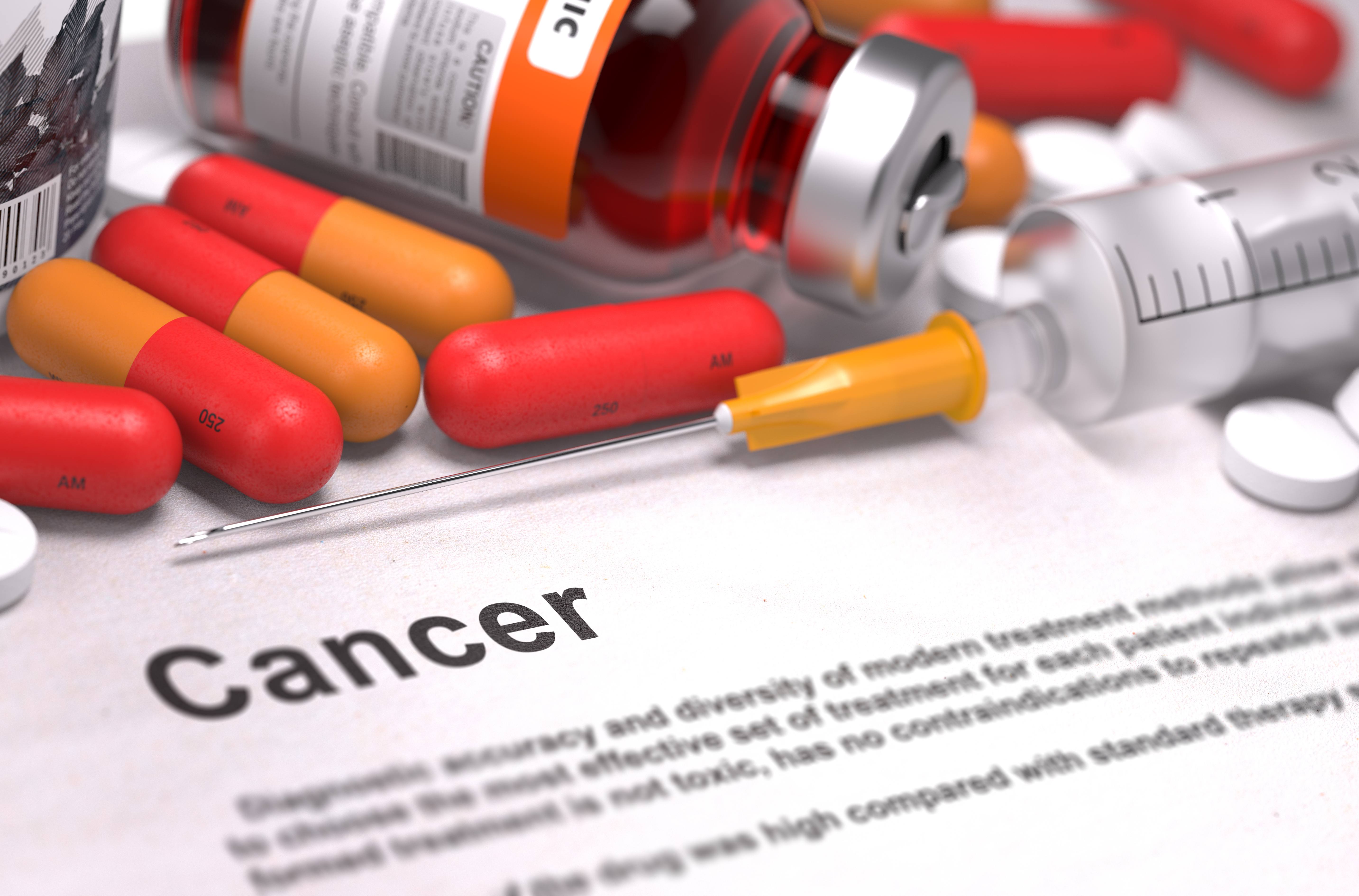-
Cancer
New international practice guidelines for tamoxifen treatment based on CYP2D6 genotype

ROCHESTER, Minn. – An international group of clinicians and scientists representing the Clinical Pharmacogenetics Implementation Consortium (CPIC) published the first-ever clinical practice guideline for using CYP2D6 genotype to guide tamoxifen therapy in Clinical Pharmacology and Therapeutics. Tamoxifen is a hormonal agent used for the prevention and treatment of premenopausal and postmenopausal breast cancer that is estrogen receptor positive. CYP2D6 genotype is an inherited factor that alters the metabolism of tamoxifen.
“The goal of the CPIC Guideline for CYP2D6 and tamoxifen therapy is to provide clinicians information that will allow the interpretation of clinical CYP2D6 genotype tests so that the results can be used to guide prescribing of tamoxifen when genotype information is available,” says Matthew Goetz, M.D., a Mayo Clinic medical oncologist, who is the lead author. “The consensus of the consortium tamoxifen group was that there was sufficient evidence to use CYP2D6 genotype to assist with clinical recommendations for women who are being considered for tamoxifen for early stage estrogen receptor positive breast cancer.”
Tamoxifen is converted through the process of liver metabolism into forms that result in greater anti-estrogenic potency and anti-tumor activity than the parent drug. Antiestrogens are a class of drugs which prevent estrogens from mediating their biological effects in the body.
Patients with certain CYP2D6 genotypes and patients who receive strong CYP2D6 inhibitors exhibit lower endoxifen concentrations and a higher risk of disease recurrence in some studies of tamoxifen for early breast cancer.
In the consensus guidelines, an extensive review and grading of the evidence regarding the role of CYP2D6 and tamoxifen clinical outcomes was provided, as well as a therapeutic recommendation for dosing or use of an alternative hormonal therapy based on CYP2D6 genotype.
Learn more by reviewing the Clinical Pharmacogenetics Implementation Consortium Guideline for CYP2D6 and Tamoxifen Therapy.
“The work of the consortium is an example of Mayo’s commitment to taking a comprehensive, collaborative team science approach to deliver advanced genomic medicine to our patients. We work with other academic medical centers, hospitals, and clinics to bring the latest discoveries to improve the practice of medicine,” says Dr. Goetz.
This work was funded by the National Institutes of Health for Clinical Pharmacogenetics Implementation Consortium (R24GM115264), PharmGKB (R24GM61374) and PharmVar (R24 GM123930), the German Federal Ministry of Education and Research (BMBF 01ZP0502 and 01EK1509A); the European Union H2020 UPGx grant (668353); the Robert Bosch Foundation, Stuttgart, Germany; and by Specialized Programs of Research Excellence Grants No. P50CA 116201.
###
About the Clinical Pharmacogenetics Implementation Consortium
The international consortium includes individual volunteers and a small dedicated staff who are interested in facilitating use of pharmacogenetic tests for patient care. The consortium’s goal is to address this barrier to clinical implementation of pharmacogenetic tests by creating, curating, and posting freely available, peer-reviewed, evidence-based, updatable, and detailed gene/drug clinical practice guidelines. The consortium is led by Mary Relling, Pharm.D., St. Jude Children’s Research Hospital and Teri Klein, Ph.D., Stanford University, and directed by Kelly Caudle, Pharm.D., Ph.D., St. Jude’s Children’s Research Hospital.
About Mayo Clinic Center for Individualized Medicine
Mayo Clinic Center for Individualized Medicine discovers and integrates the latest in genomic, molecular and clinical sciences into personalized care for each Mayo Clinic patient. Learn more.
About Mayo Clinic
Mayo Clinic is a nonprofit organization committed to clinical practice, education and research, providing expert, comprehensive care to everyone who needs healing. Learn more about Mayo Clinic. Visit the Mayo Clinic News Network.
Media contact:
- Colette Gallagher, Mayo Clinic Public Affairs, 507-284-5005, newsbureau@mayo.edu







